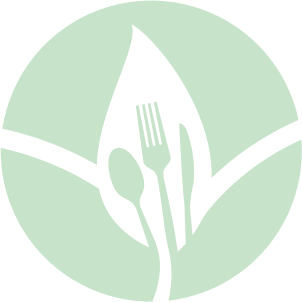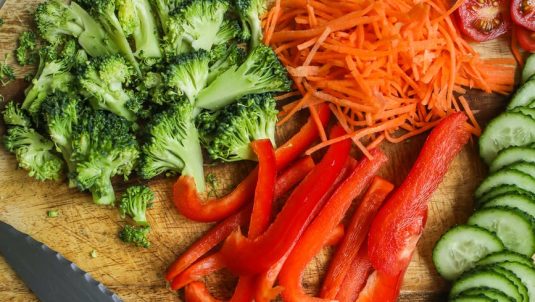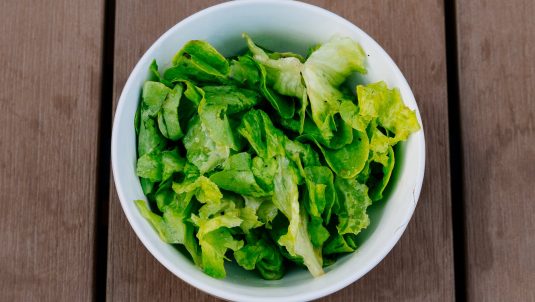How Can You Avoid Food Waste?
We all love getting a deal on organic vegetables, but it’s easy to overbuy and end up wasting these delicious vegetables if you’re not able to use them all up before they go bad. Our tips can help you make the most out of the veggies you buy and reduce your food waste.
Buy Just What You Need
It can be easy to buy more than you need, especially if sales are going on at your local grocery store. We recommend being realistic about how much you’ll eat though. Saving money on vegetables is great, but if you’re not going to have time to eat them before they go bad it’s still a waste.
Store Everything Properly
Different vegetables thrive in different conditions. Some can be left out on the counter until you’re ready to use them, while others last longer in the cold refrigerator. If something should be in the crisper, keep it there, especially if you’ve cut it up and used some of it already. The lower temperatures should help it last longer.
Freeze Some for Later
If you think that you won’t use all of your vegetables before they go bad, you can freeze some of them. Not every veggie does well in the freezer, but it’s easy enough to look online to see if the vegetables you have too much of can safely be frozen. Then you can just thaw them out and use them later.
Use Them for Smoothies
If you find that you’re not using all of the veggies that you’re buying, try making more smoothies. Vegetables like carrots, spinach, and cucumbers all go great in smoothies. Healthy smoothies can be a delicious way to get the nutrients you need, and as a bonus, all of those vegetables you bought don’t go to waste.
Make Soup or Broth
Vegetables can also be added to soups or broths. If you’re cooking up some soup, take a second look at the groceries that you bought and see if any could make for a good addition to your meal.
Use Them in a Stir-Fry
Vegetables are a key ingredient of any stir-fry, but you don’t have to stick to the traditional ingredients like peppers and onions. There are plenty of other veggies, from broccoli to carrots, that can add flavor and nutrients to your meal.
Write Down What You Have
This may seem silly, but if you already have some kind of notepad or whiteboard on your fridge, writing down what you have can help. If you buy vegetables or anything else that’s due to expire, jot down a quick note on your fridge. Then, when you’re looking for food or trying to figure out what to make later, your note can remind you about what you have in stock.
Start Composting
If you’re using all of your veggies, but end up with scraps left over, you might want to look into composting. This can be the best way to ensure that your vegetables have all been put to the best possible use, and the nutrient-rich soil you create by composting can even be used to grow veggies of your own!
Looking for more tips? Visit the Organic Restaurants blog and find more things to do with your healthy produce!
Find restaurants with organic options near you
Search by city or see restaurants close to you.





 Sign in with Google
Sign in with Google Sign in with Facebook
Sign in with Facebook